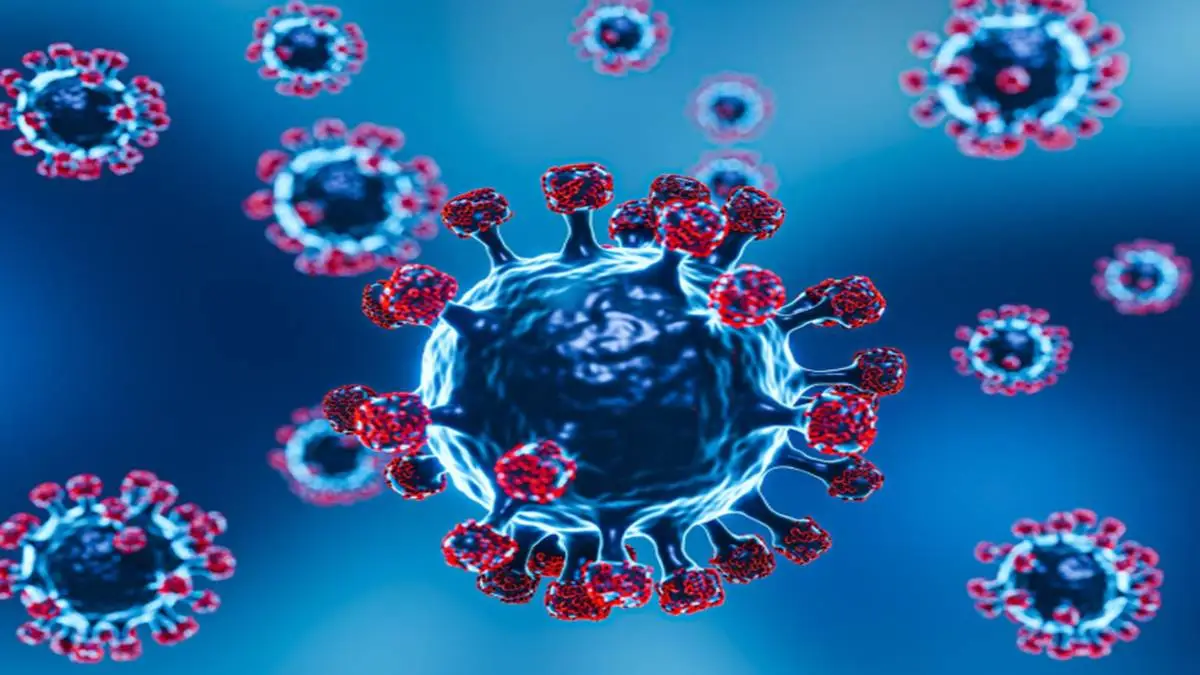India navigates a complex public health landscape, a fresh surge in COVID-19 infections has raised fresh concerns among healthcare experts and state administrations.
The latest figures released by the Ministry of Health and Family Welfare reveal a sharp uptick in active cases, reaching 1,047 nationwide, with 787 of those recorded in just the past week. Maharashtra, Rajasthan, West Bengal, Karnataka, and Madhya Pradesh have together reported 11 COVID-related deaths, nine of which occurred in under seven days—suggesting a worrying trend that could stretch fragile public health systems if left unaddressed.Maharashtra has emerged as the epicentre of the country’s recent fatalities, registering five deaths and overtaking other states in cumulative loss of life during this wave. In a grim first, the Kalyan-Dombivli region in Thane district reported its initial fatality—a woman undergoing treatment at a local hospital succumbed to complications arising from the virus. Officials from the region have flagged the situation as a cautionary signal for surrounding urban pockets with similar healthcare capacities.
Kerala currently accounts for the highest number of active cases at 430, reinforcing its status as a critical state in India’s ongoing pandemic management. Maharashtra follows with 208 active infections, while the national capital Delhi has logged 104. Gujarat and Karnataka have 83 and 80 cases respectively, with the latter’s numbers mostly concentrated in Bengaluru.The Indian Council of Medical Research (ICMR) has identified four new COVID-19 variants—LF.7, XFG, JN.1, and NB.1.8.1—currently spreading across parts of southern and western India. While the World Health Organization (WHO) has classified these as “variants under surveillance” rather than “variants of concern”, Indian epidemiologists are calling for proactive containment and genome tracking given their potential to spread rapidly, particularly NB.1.8.1, whose spike protein mutations allow it to bypass some levels of acquired immunity.
Of particular concern is the JN.1 strain, now the dominant variant in India, accounting for over 50% of recent samples tested. It is followed by the BA.2 variant (26%) and an Omicron sublineage (20%). The convergence of multiple variants in circulation has prompted renewed calls for urgent genomic surveillance, especially in urban areas where population density and mobility significantly increase transmission risks.Cities like Jaipur and Bengaluru have reported fresh deaths over the past week, highlighting that the virus continues to pose serious health risks despite the current lack of large-scale outbreaks. Jaipur saw two fatalities on Monday, including a man found dead at a railway station whose post-mortem confirmed a COVID-positive status. In Bengaluru, an 84-year-old man died due to multi-organ failure exacerbated by the virus, according to the health department. Kerala too has reported two recent COVID deaths.
Although the Union Health Ministry has not sounded an immediate nationwide alert, medical professionals are urging citizens and municipal authorities not to let their guard down. The current pattern of transmission, driven by localised outbreaks and new variants, demands decentralised vigilance and rapid testing at the city level.As urban centres continue to bear the brunt of new infections, public health specialists warn that India’s cities—still recovering from earlier waves—must invest in resilient, community-based healthcare systems, especially as climate-related stressors and seasonal changes further strain health infrastructure.
While national attention remains diverted by electoral politics and economic concerns, the resurgence of COVID-19—however moderate—calls for a return to data-driven pandemic management. States and municipalities must adopt early-warning tools, encourage precautionary behaviour, and prioritise the equitable distribution of healthcare resources.
India’s COVID story is far from over. The path to a sustainable and healthy urban future depends not just on vaccines or variants, but on whether cities can become resilient enough to adapt—without panic—to every wave.
Also Read : Indias Active COVID-19 Cases Cross 1,000; Mumbai Reports Most Deaths
India Sees COVID Surge With New Variants


